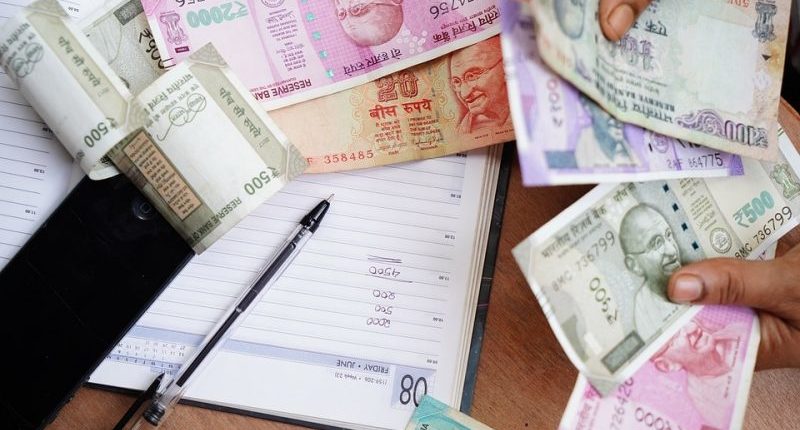Perpetual bonds are making some noise in the market for all the right reasons. Investors are now pulling out their investments made in bank fixed deposits (FDs) and putting it into perpetual bonds. Also, the rate cuts made by the Reserve Bank of India (RBI) since 2019 and aggravating COVID-19 impact has made FDs lose their shine.
Perpetual bonds do not have a specified date of maturity. The perpetual bond issuers can buy back the bonds after a certain period, and it is generally five years. Perpetual bonds in India are listed on the stock exchanges, meaning you can sell it to the stock exchange if you wish to.
Well-established banks and large corporations mostly issue perpetual bonds to meet their long term capital requirements. Like other bonds, even perpetual bonds come attached with the risk of liquidity, credit risk and interest rate risk. If you are to invest in perpetual bonds, then you have to keep in mind these aspects.
Also Read: EPFO to pay interest for FY 2019-20 in two instalments
These bonds are in the news now as the State Bank of India (SBI) raised a massive Rs 4,000 crore this week by issuing perpetual bonds. The bank issued additional tier 1 (AT1) bonds at a coupon rate of 7.74%, which is a record low. These are unsecured bonds and are issued to increase the capital under Basel III norms.
The payment of interest for the bondholders can be skipped if the issuer’s capital ratio goes on to fall under the threshold. However, this is not the worst. The Reserve Bank of India (RBI) may direct the bank to write-off AT1 bonds if it is unable to stay afloat. Recently, Yes Bank had to write of its perpetual bonds as a part of its rescue strategy.
However, the State Bank of India has been rated f AAA by the credit companies. Moreover, the AT1 bonds of SBI have been rated AA+, and the bank may go on to call back these bonds after a period of five years or later. Bank of Baroda recently managed to pool Rs 764 crore by issuing its AT1 bonds at a coupon rate of 8.25%. These bonds may also be recalled after five years from the date of issue.
For any clarifications/feedback on the topic, please contact the writer at vineeth.nc@cleartax.in
Engineer by qualification, financial writer by choice. I am always open to learning new things.





